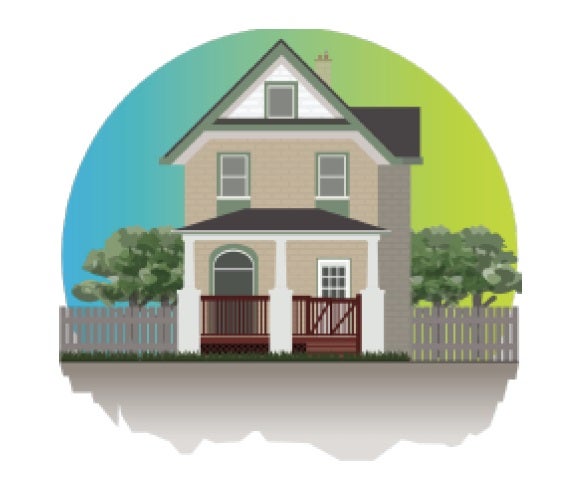A student design team at the University of Waterloo is scheduled to begin work soon on a 130-year-old house in Kitchener that it is redesigning and retrofitting to become a net-zero, energy-efficient home for an Indigenous family.
The project, undertaken in partnership with the Kitchener-Waterloo Urban Native Wigwam Project (KWUNWP), is student team Warrior Home’s entry in a high-profile competition sponsored by the U.S. Department of Energy.

The two-year Solar Decathlon Build Challenge is slated to culminate in the spring of 2023 with judging of completed energy-efficient homes by student teams from universities in countries including the U.S., Canada, India and Australia.
The Waterloo team, which is primarily comprised of students in engineering programs, will mark an important milestone on its way to that event with a groundbreaking ceremony Nov. 7 at the building site at 32 Mill Street in the Victoria Park neighbourhood of Kitchener at 4 p.m.
Retrofitting the two-storey house, which was built in the 1890s, is expected to cost $150,000. It has been vacant for several years since Waterloo Region donated it to KWUNWP, an Indigenous non-profit group, as part of an affordable housing initiative.
The last Warrior Home project involved the construction of a net-zero bungalow for an Indigenous family on a reserve in the Owen Sound area north of Waterloo. It took second place in the 2021 finals of the competition.